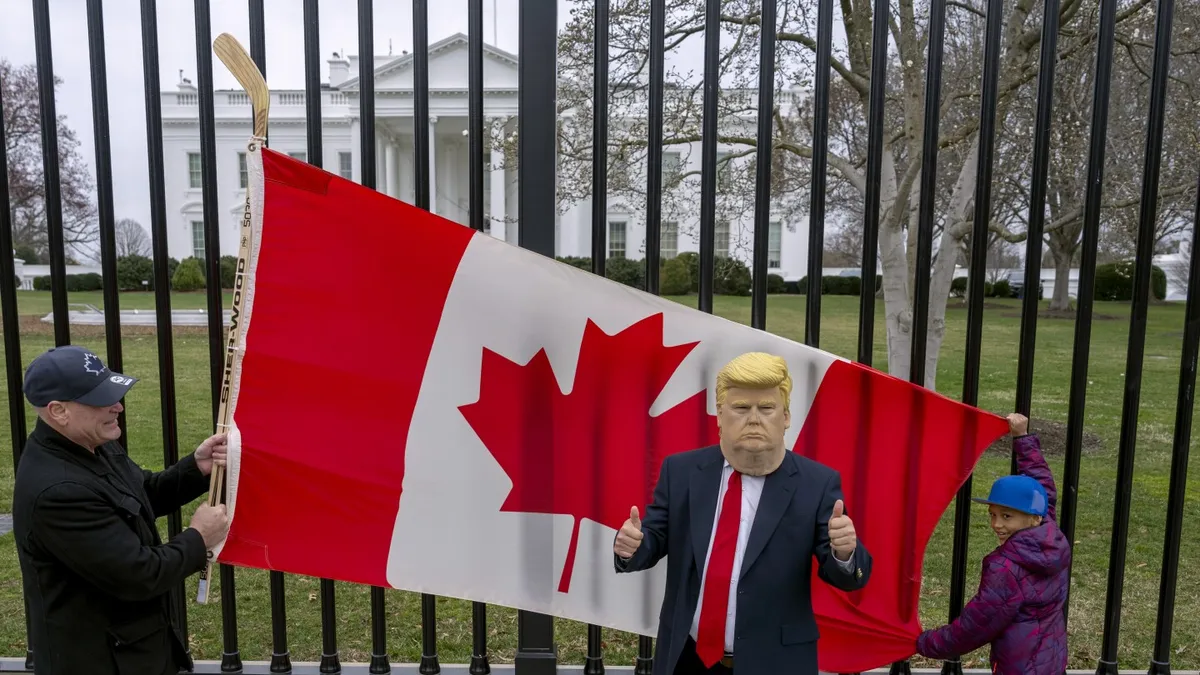
On Monday, Canadians will head to the polls to determine whether to extend the Liberal Party’s decade-long hold on power or to shift control to the Conservative Party. Voters will choose between Prime Minister Mark Carney and opposition leader Pierre Poilievre, but the stakes are even higher as this election has become a referendum on the influence of Donald Trump, the former U.S. president.
Before Trump won his second term and began threatening Canada’s economy and sovereignty, the Liberals seemed poised for defeat. His provocative comments, including suggestions that Canada should become the 51st state, have significantly altered the political landscape. As Canadians prepare to vote, they are also grappling with the aftermath of a tragic car ramming incident in Vancouver, which resulted in a temporary suspension of campaigning. Fortunately, authorities have ruled out terrorism, identifying the suspect as a local man with a history of mental health issues.
Trump's aggressive stance has sparked outrage among many Canadians, prompting some to cancel trips to the U.S. and boycott American products. This discontent may have influenced voter behavior, as evidenced by a record 7.3 million Canadians casting their ballots ahead of election day.
Both Carney and Poilievre face a multitude of challenges, particularly in light of the ongoing cost of living crisis that has gripped Canada. With over 75% of Canadian exports destined for the U.S., Trump's threats to impose tariffs and push for the relocation of North American automakers could have devastating repercussions for the Canadian economy. In light of this, both candidates have pledged to accelerate the renegotiation of the free trade deal between Canada and the U.S. to alleviate the uncertainty affecting businesses and consumers alike.
Carney, who has extensive experience navigating economic crises from his time running Canada’s central bank and later the Bank of England, has emphasized the importance of securing a strong mandate to counter Trump's threats. Meanwhile, Poilievre, who has adopted a populist approach reminiscent of Trump’s, may find his campaign strategy backfiring as Trump becomes a central issue in the election.
This election marks a significant moment in Canadian history, as foreign policy concerns have not dominated a Canadian election this intensely since 1988, when free trade with the United States was the primary issue. The outcome will not only determine the future leadership of Canada but also set the course for how the country navigates its relationship with the U.S. moving forward.
As Election Day approaches, both candidates are acutely aware of the implications of Trump's influence on Canadian sovereignty. Carney has characterized Trump’s remarks as a serious threat, stating, “President Trump has some obsessive ideas, and that is one,” referring to his annexation comments. The consequences of this election will resonate far beyond Canada’s borders, potentially reshaping the nation’s economic and political landscape for years to come.